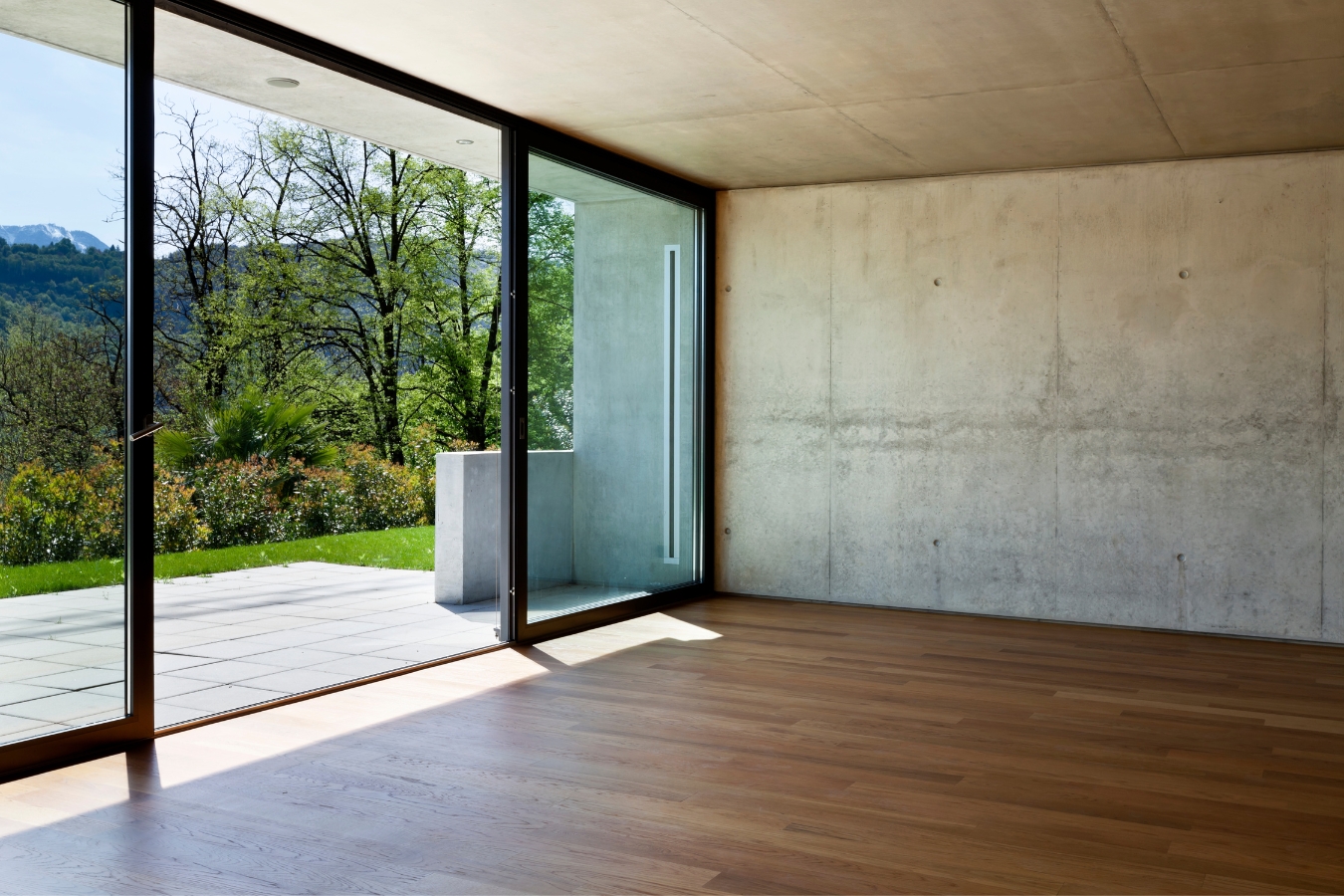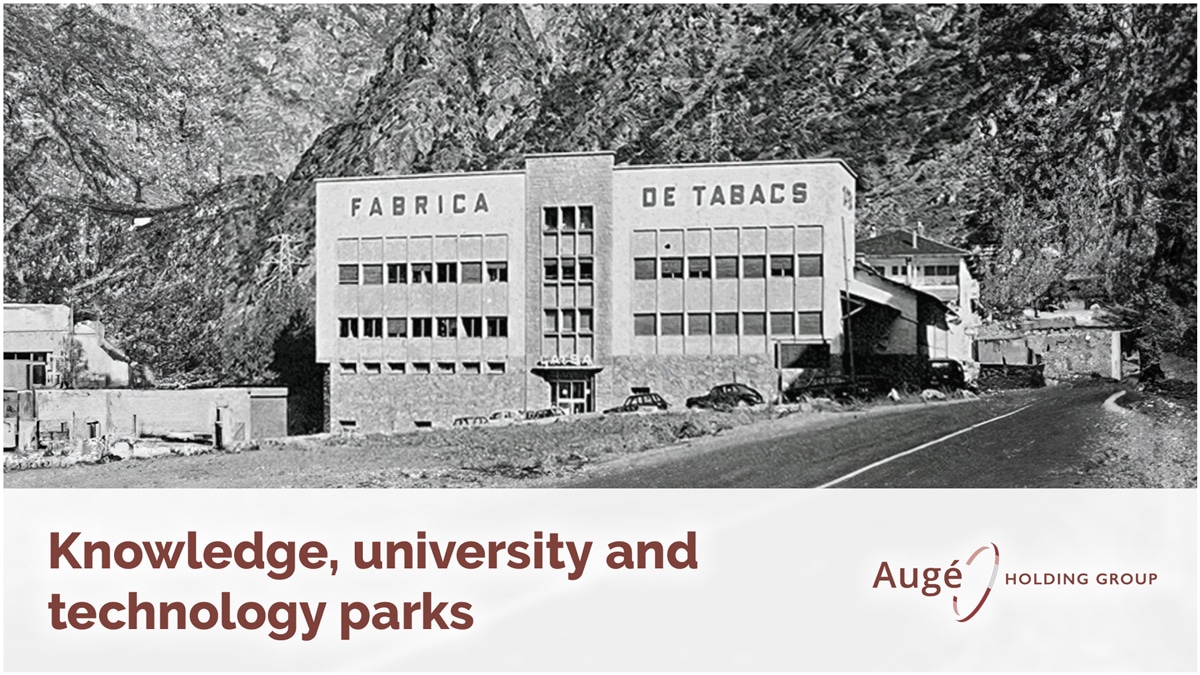Table of contents
ToggleDiscrimination Arising with the New Law 3/2024, of February 1st, on Taxation of Foreign Real Estate Investment in the Principality of Andorra.
To understand the current state of the country regarding foreign investment, it is useful to go back to the year 2008; the year the first legislative initiative on this matter took place. With the implementation of Law 2/2008 on foreign investments, aiming to foster economic growth by attracting entrepreneurship, talent, innovation, and development, the opening of 100% of some activities to foreign capital was authorized.
Four years later, with Law 10/2012, after recognizing that the measures promoted by the previous Law were insufficient to achieve the objectives and considering the economic recession context of 2008, a new Law was passed to remedy the deficiencies of the former.
We note that Andorra, due to its position to attract foreign investment, has become a clear point of attraction for international investments, especially in the real estate sector. It is undeniable that this is one of the reasons that has caused the current housing crisis the country is facing.
Let’s recall that currently, the country has a serious problem with real estate speculation, largely caused by this foreign investment. Consequently, and largely due to real estate speculation, on September 22, 2023, the Official Gazette of the Principality of Andorra (hereinafter BOPA) published Law 16/2023 concerning the temporary suspension of foreign investment in real estate in the Principality of Andorra.
This Law seems to be the first legislative initiative since 2012 to curb the negative consequences of real estate speculation in the country. For this reason, Law 16/2023, in its single article, provides:
“The granting of new authorizations for foreign investment in real estate is suspended, both for non-resident foreign individuals and legal entities, whether foreign or Andorran with foreign capital, regardless of the percentage of foreign capital participation, from the entry into force of this Law until the entry into force of the law that will tax foreign investment in real estate.
Consequently, for the purposes of this Law, the suspension also includes investments in real estate made by Andorran legal entities with foreign participation in their capital – including foreign capital companies that participate in the company’s social capital.”
Indeed, the aforementioned Law aims to suspend foreign investment until a tax is adopted that levies foreign investment in real estate. On the other hand, Law 24/2023 also demonstrates the country’s will to curb speculation in real estate.
At this point, the General Council, on February 1st, 2024, approved a draft Law concerning the tax on foreign real estate investment in the Principality of Andorra. This Law was published in the BOPA on February 27, 2024; and it is the latest reaction by the General Council to address the problems generated by foreign investment in real estate in the country.
Article 5 of the mentioned Law provides that among others, non-residents in the Principality of Andorra as well as resident individuals in the Principality of Andorra with less than 3 years of uninterrupted residence, counted from the acquisition of the immigration permit or similar document, who make a foreign real estate investment in Andorra, are liable for this tax.
This situation clearly causes discrimination in treatment among individuals who have Andorran residency. Indeed, the law will apply to those individuals who, from the moment of the entry into force of the Law, make a real estate investment in Andorra and have had a residence permit for less than 3 years; while residents who have exceeded this temporal requirement will not be subject to this tax.
Furthermore, Article 10 of the Law intends to implement a system of 90% tax quota bonus in the case that such foreign investment materializes in properties intended for the rental housing market for habitual and permanent residence for a minimum term of 10 years.
Therefore, the question we could ask is the following: what will happen with the properties acquired through foreign investment once the 10-year term has elapsed? Will there be a flood of property sales; and therefore, with this initiative, are we only delaying the inevitable?





